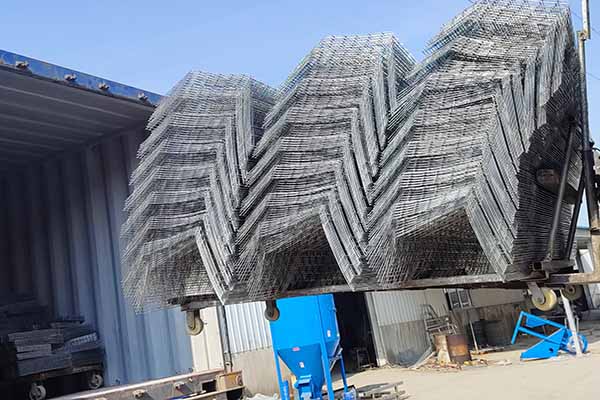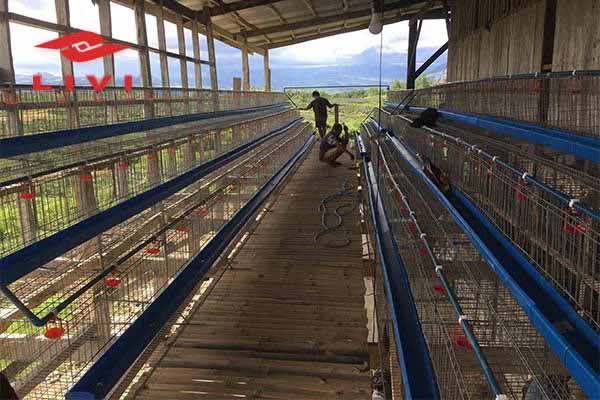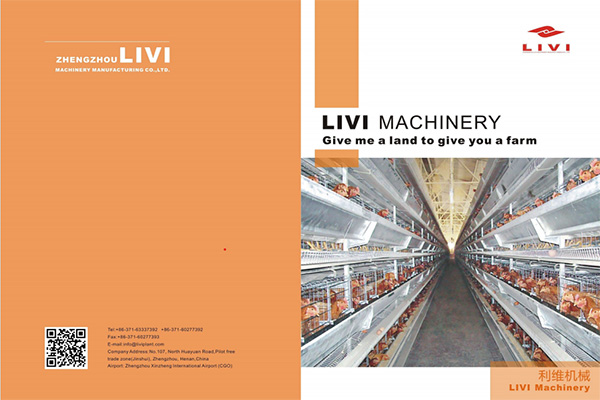How to Start a Chicken Farm in Texas: A Comprehensive Guide
Time : 2025-07-01
Starting a chicken farm in Texas is an exciting venture that can yield substantial returns if approached with the right knowledge and preparation. With the state’s favorable climate and ample land resources, Texas offers an ideal environment for chicken farming. This article will provide you with a comprehensive guide on how to start a chicken farm in Texas, from initial planning to operational considerations and beyond.
1. Market Research and Business Plan
Before diving into the farming business, it’s crucial to conduct thorough market research and create a comprehensive business plan.

- Market Research: Understand the local and national demand for chicken products. Analyze the competition, consumer preferences, and potential market growth. Research local food safety regulations and the requirements for selling your products in Texas.
- Business Plan: Develop a detailed business plan that outlines your goals, strategies, financial projections, and marketing plan. A business plan is essential for securing financing and guiding your operations.
2. Choosing the Right Location
Selecting an appropriate location is key to the success of your chicken farm.
- Climate Considerations: Texas has diverse climates, so choose a location that can accommodate the specific requirements of your chickens. Ensure that the site has adequate ventilation and a reliable water source.
- Proximity to Market: Being close to your target market can reduce transportation costs and allow for fresher chicken products. Consider locations near urban areas, restaurants, or distributors.
- Land Zoning: Check local zoning regulations to ensure that agricultural operations are allowed on the property.
3. Legal Requirements and Permits
Fulfilling legal requirements and obtaining necessary permits is a crucial step in starting your chicken farm.
- Food Safety Certification: Texas requires food safety certifications for anyone selling chickens or chicken products. Consider obtaining the National Chicken Improvement Program (NCIP) certification.
- Permits: Obtain all necessary agricultural, environmental, and food handling permits from local and state authorities.
- Insurance: Secure appropriate insurance to protect your farm from potential liabilities and losses.
4. Designing Your Chicken House
The design of your chicken house is essential for the well-being of your chickens and the efficiency of your operation.

- Airflow: Ensure proper ventilation to maintain a healthy environment. Use automated systems to control the flow of air and manage temperature.
- Flooring: Choose appropriate flooring materials that provide comfort and are easy to clean and disinfect.
- Lighting: Provide adequate lighting to promote health, growth, and egg production. Consider natural and artificial lighting options.
- Water and Feeding Systems: Implement a reliable water and feeding system that ensures your chickens have constant access to clean water and nutrition.
5. Purchasing and Managing Chickens
The success of your chicken farm hinges on the health and productivity of your flock.
- Choosing Your Breed: Select a breed that aligns with your farm goals, whether it be for egg production, meat, or show.
- Purchase Chickens: Buy chicks from a reputable hatchery and follow proper biosecurity practices to prevent disease transmission.
- Feeding and Care: Provide a balanced diet and ensure your chickens have access to shade, fresh water, and a safe environment.
- Regular Health Checks: Schedule regular veterinary checks and vaccinations to maintain flock health.
6. Utilizing Professional Equipment
The use of specialized poultry equipment can greatly enhance the efficiency and profitability of your chicken farm.

- Automatic Feeding Systems: Automated feeding systems can save time and reduce waste by precisely controlling the amount of feed given to the chickens.
- Watering Systems: Use nipples or drinkers that minimize water spillage and ensure each chicken has consistent access to fresh water.
- Environmental Control Systems: Employ systems that monitor and control temperature, humidity, and lighting to create an optimal environment for your chickens.
- Manure Management: Consider systems for collecting and managing manure efficiently to maintain a clean and odor-free environment.
7. Marketing and Distribution
Developing a strong marketing strategy and establishing a distribution network is vital for the success of your chicken farm.
- Branding: Create a compelling brand that resonates with your target market and differentiates you from competitors.
- Direct Sales: Sell directly to customers through farmers’ markets, online platforms, or on-farm sales.
- Distribution: Explore partnerships with local restaurants, grocery stores, or wholesalers to distribute your chicken products.
8. Financial Planning and Sustainability
Sound financial management and sustainable practices are essential for the long-term success of your chicken farm.
- Budgeting: Develop a realistic budget that accounts for all operational costs, including feed, labor, equipment, and insurance.
- Savings and Investment: Set aside funds for emergencies and future investments in your farm.
- Sustainability: Implement sustainable farming practices that minimize environmental impact and reduce costs.
9. Monitoring and Continuous Improvement
Regularly evaluate your farm’s performance and seek ways to improve efficiency and productivity.
- Performance Metrics: Track key performance indicators such as feed conversion rates, mortality rates, and egg production.
- Feedback: Seek feedback from customers and suppliers to understand your farm’s strengths and areas for improvement.
- Training and Education: Stay updated on the latest advancements in chicken farming technology, techniques, and industry standards.
By following this comprehensive guide, you’ll be well-equipped to start a successful chicken farm in Texas. With careful planning, dedication, and the right equipment, your farm can thrive and become a vital part of the state’s agricultural sector.











